KAZIMIERZ DOLNY
• The PGE Cinema Electric – 9 Nadwiślańska St. (the festival site, big cinema)
• The Silver Star Cinema – 9 Nadwiślańska St. (the festival site, small cinema)
• The I Love Cinema Cafe – 9 Nadwiślańska St. (the festival site)
• Empik Store – 9 Nadwiślańska St. (the festival site)
• The Perła Cinema – The Small Market Square, open air stage
• Cinema Round the Corner – KOKPiT, 12 Lubelska St.
• The Big Market Square – open air stage
• PGE Cafe – The Big Market Square
• The Vistula Museum, The Celej House – 11/13 Senatorska St.
• The Vistula Museum, The Kuncewicz House – 19 Małachowskiego St.
• The Vistula Museum, Temporary Exhibitions Gallery – 19 The Big Market Square
• The Vistula Museum, Museum of Natural History – 54 Puławska St.
• KOKPiT – 12 Lubelska St.
• Parish Church – 10 Lubelska St.
• The Korzeniowa Club – 43 Doły St.
• The Kazimierzówka Hotel – 10 Góry St.
• The Berberys Hotel – 29 Szkolna St.
• Grodarz – Nadrzeczna St.
• The Michalak House Gallery – 24 Nadrzeczna St.
• The Stodoła Gallery – 52a Lubelska St.
• The Grabscy Gallery – 33 Lubelska St.
• The Leonardo Gallery – 1a Klasztorna St.
• The Jacek P. Jarosz Gallery – 1/3 Senatorska St.
• The Mit. Piwnica Gallery – 1 Senatorska St.
• Gallery of Modern Art in Witoszyn – 78 Witoszyn
JANOWIEC BY THE VISTULA RIVER
• GOK Janowiec – 1 Wolności Square
MIĘĆMIERZ
• The Klimaty Gallery
• The Na płocie Gallery
• The Pod Skrzydłami Cafe

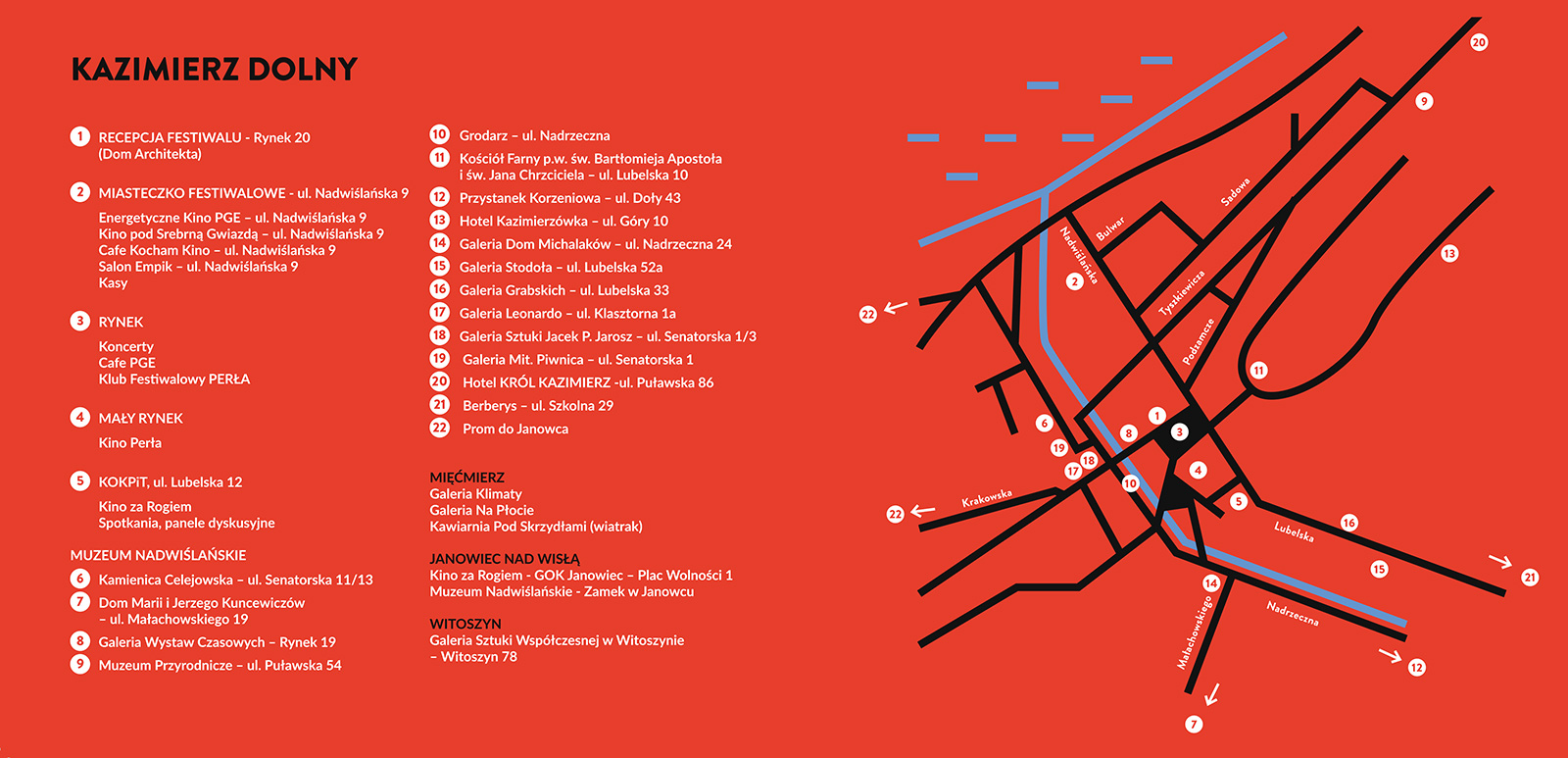
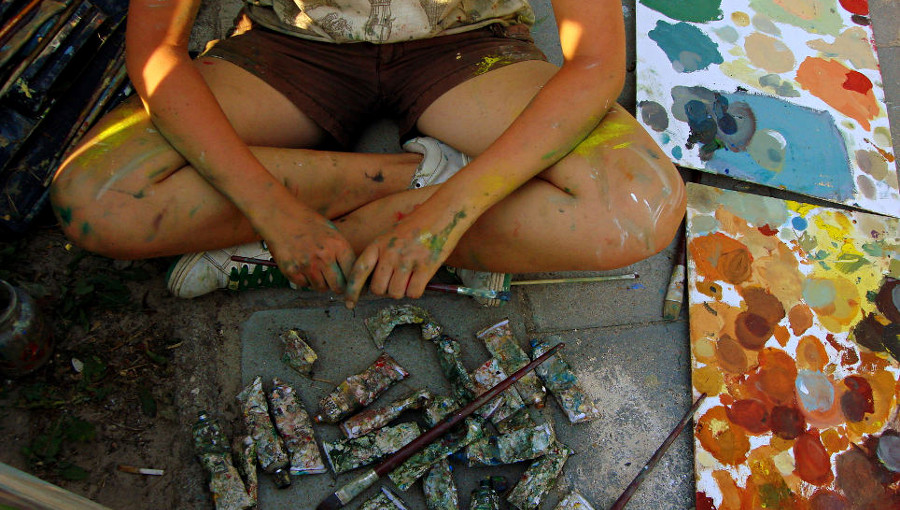
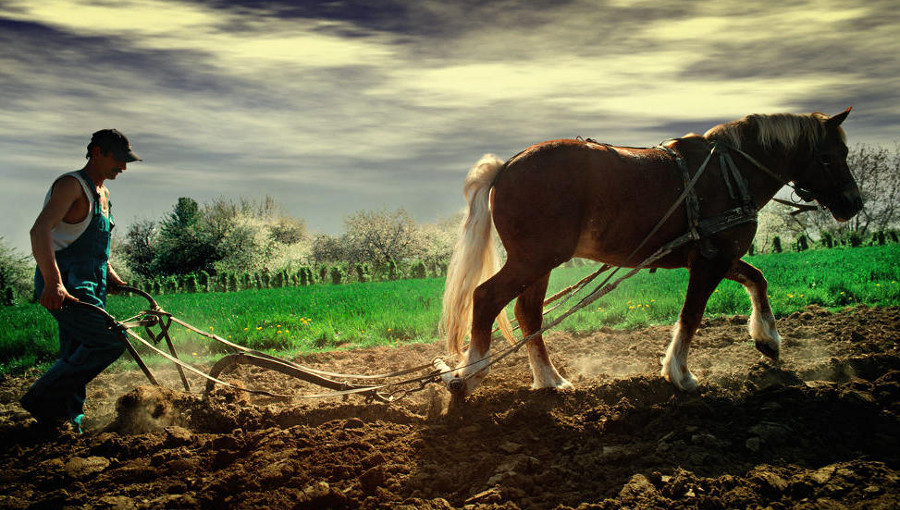
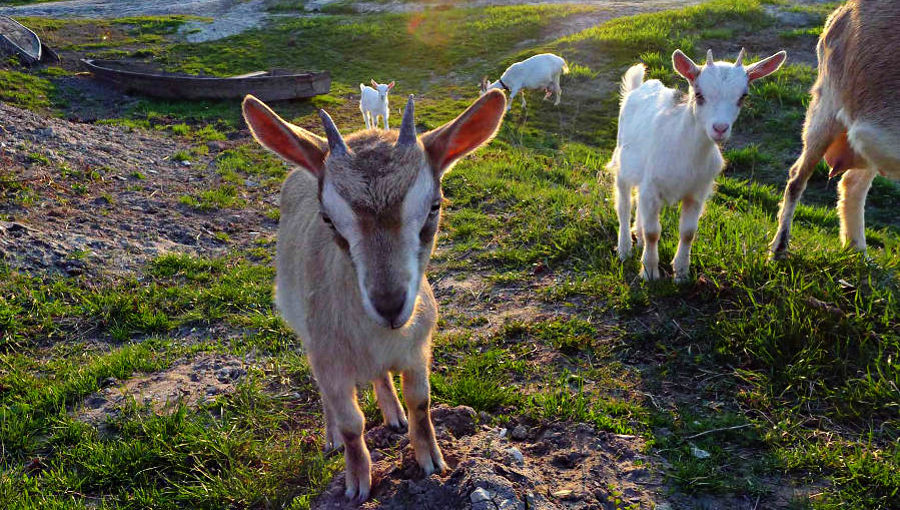
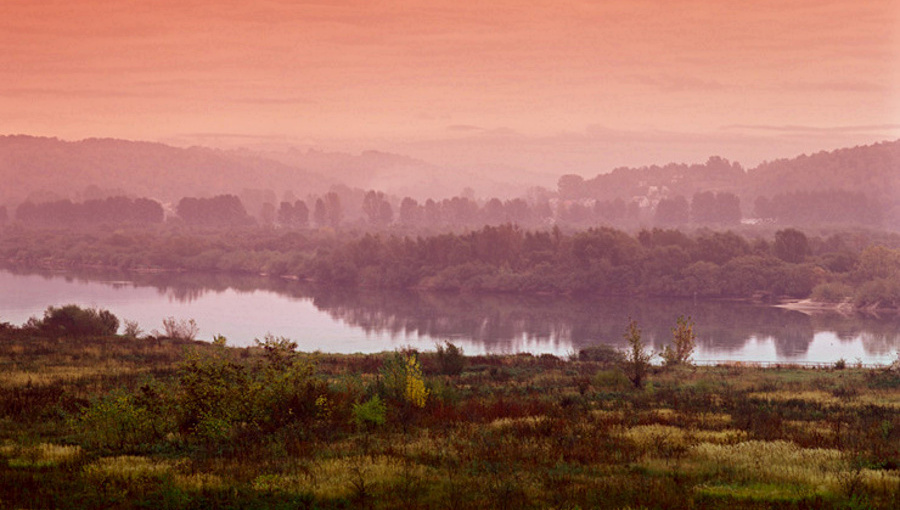


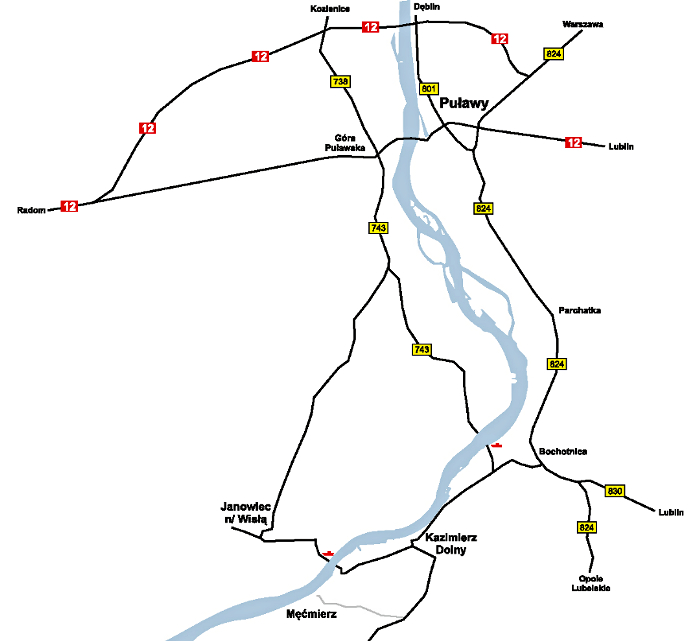
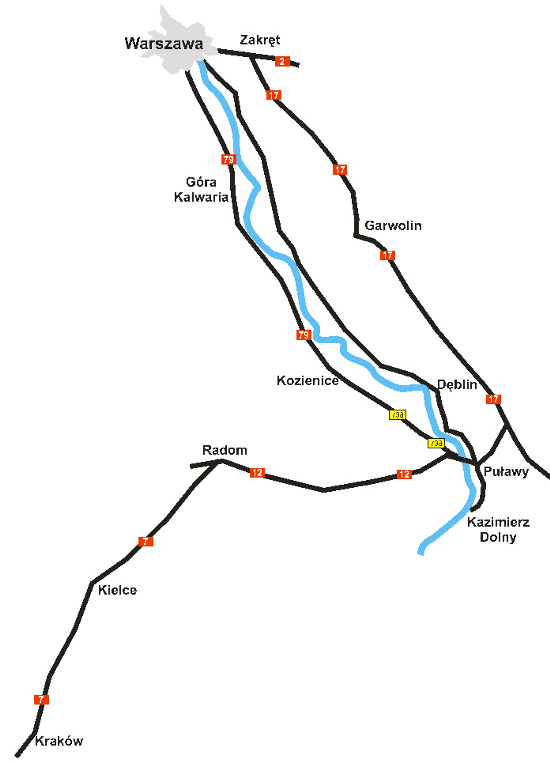

FOLLOW US